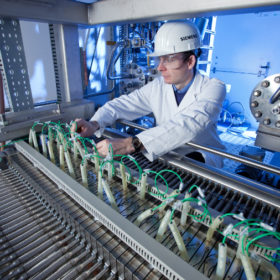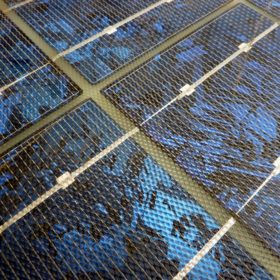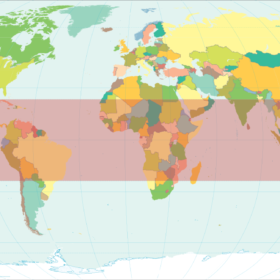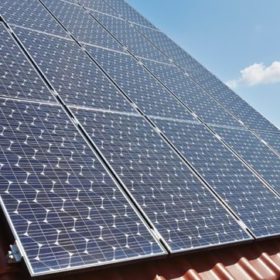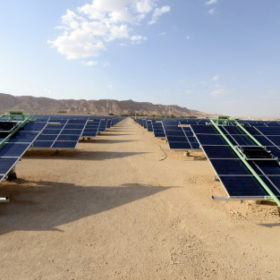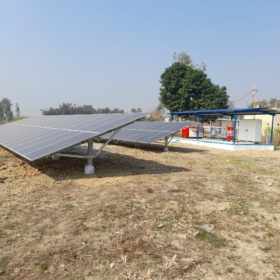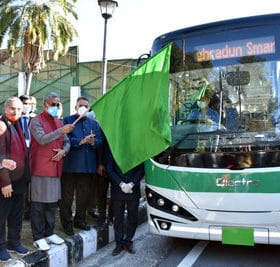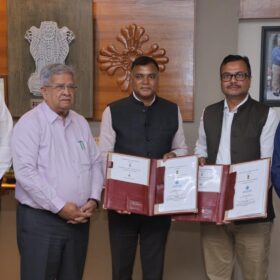Green hydrogen cost could fall more than 50% by 2030
With this, green hydrogen (hydrogen produced using renewable energy) would become cost-competitive with hydrogen from fossil fuels in certain industrial applications such as ammonia production for fertilizers.
32% growth in electricity subsidies shows that public DISCOMs need reforms
A new report looks at the rising dependence of India’s DISCOMs on electricity subsidies, despite concerted bailout efforts by the central government. It assesses various states’ performance in reining in DISCOMs’ financial losses and enhancing their overall efficiency over the last five years. Building on these findings, the study suggests reforms in the distribution and design of subsidies to increase power companies’ revenues as consumption surges.
REIL seeks two lakh multi-crystalline silicon solar cells, again
Manufacturers have until December 22 to bid for supplying 200,000 four-/five-busbar solar cells rated for a power output of 4.5 watts.
NTPC invites proposals for solarization projects in ISA member countries
The selected applicants are required to execute projects across categories like solar-powered cold storage, solar water pumps, solar-powered reverse-osmosis water systems and off-grid solar systems for primary health care centers on a turnkey basis. The work includes engineering, supply, erection, commissioning along with maintenance support for three years.
Competition in intra-state transmission sector will drive India’s renewable energy progress
The intra-state transmission infrastructure is the weakest link in the grid. The introduction of competition from private players can help drive down construction costs and promote timely completion of projects, assisting the absorption of low-cost, domestic renewable energy generation.
EESL commissions 8 MW solar plant for MSEDCL
The solar plant, installed at Devdaithan village in Maharashtra’s Ahmednagar district, will provide eight hours of uninterrupted electricity for agricultural loads served by the respective feeder.
IIT Jodhpur to get a 3 MW rooftop solar plant
Bids are invited to install and commission a 3 MW grid-connected rooftop solar project at Indian Institute of Technology Jodhpur (IIT Jodhpur) in the state of Rajasthan. The scope of work also includes operation and maintenance for ten years.
Ecoppia robotic cleaners selected for Azure Power’s 450MW solar project
The Israeli developer of module cleaning robots has bagged an order from Indian solar developer Azure Power to deploy its water-free cleaning solution across a 450 MW solar project in Rajasthan.
Tata Power arm hits ‘100 solar microgrids’ milestone
TP Renewable Microgrid has installed an aggregate 3 MW of solar microgrid capacity with its 100th project commissioned in Ratnapur, Uttar Pradesh.
Uttarakhand rolls out electric bus service
The hill state in northern India has added the electric bus footprint with the service flagged off in the capital city Dehradun. The state government plans to start 30 such eco-friendly electric buses in this financial year. The buses, supplied by Olectra Greentech, will run in Dehradun, Mussoorie, Rishikesh and Haridwar.

